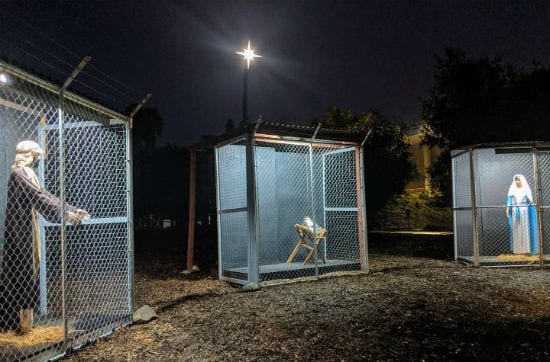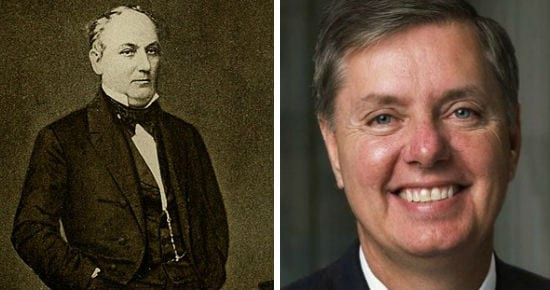Promoting democracy abroad has become a cornerstone of American foreign policy — or at least of American foreign policy rhetoric. This is a mistake.
Democracy is, of course, a Good Thing. I am eager to see it spread to the billions of people around the world who do not enjoy it today.
But democracy is not of primary importance — it does not come first. It is secondary — both in importance and chronologically — to the establishment of basic human rights. Which rights? The first ten amendments to the U.S. Constitution for starters: freedom of speech, freedom of the press, freedom of association, due process, equal protection, freedom from unlawful search and seizure, etc.
Promoting democracy without first establishing and securing such rights means chasing a phantom. It can only result in what Fareed Zakaria has called "illiberal democracy" — the form of elected government with none of its spirit.
In the very worst case, this can mean a situation like the genocidal revolution in Rwanda. The oppressed Hutu majority became convinced it was time for majority rule and turned on the privileged Tutsi minority with horrific, lethal violence. To imagine a worst-case scenario for postwar Iraq, substitute "Sunni" for Tutsi and "Shiite" for Hutu.
Zakaria argues that roughly half of the world's "democratic" regimes are illiberal democracies:
From Peru to the Palestinian Authority, from Sierra Leone to Slovakia, from Pakistan to the Philippines, we see the rise of a disturbing phenomenon in international life — illiberal democracy. …
Naturally there is a spectrum of illiberal democracy, ranging from modest offenders like Argentina to near-tyrannies like Kazakstan and Belarus, with countries like Romania and Bangladesh in between. Along much of the spectrum, elections are rarely as free and fair as in the West today, but they do reflect the reality of popular participation in politics and support for those elected. And the examples are not isolated or atypical.
One fairly typical example is the case of Haiti. The "promotion of democracy" there in the 1990s was overseen by U.N. envoy Lakhdar Brahimi. Brahimi has had a long and successful career as a diplomat but, as Slate's Chris Suellentrop reports, Haiti was not one of his high points:
Brahimi's track record isn't perfect, however. Here's how the Los Angeles Times summed up his two years in Haiti, from 1994 to 1996: "Though his immediate objectives were achieved — military despots were forced out; a democratically elected president was sworn in — Haiti today is still a political shambles, riven by corruption and violence."
"Hey, we'll take it!" Suellentrop says of this half-assed, illiberal version of "democracy." Suellentrop is acknowledging — and mocking — the vast gulf between the Bush administration's lofty rhetoric about "establishing democracy" in Iraq and the actual, paltry facade of democracy that is the likeliest outcome of the face-saving, post-June 30 political arrangement there.
This is what is to be expected when "promoting democracy" is given precedence over promoting the fundamental rights that make real democracy possible.
Establish those rights first and democracy will necessarily, inevitably follow. Attempt to create democracy first and you have Haiti, or Iran, or — God forbid — Rwanda.
So please, stop promoting democracy. Promote human rights. Promote openness. Promote freedom of speech, freedom of conscience, freedom of the press, freedom of assembly. Promote due process and the rule of law. Do that first, then encourage democracy to flow from that as it will and it must.
Gen. Wesley Clark makes a similar argument in the May Washington Monthly in a must-read article titled "Broken Engagement." I'll copy some excerpts here, but go read the whole thing. (As you'll see, Clark's essay is what pointed me to the Zakaria essay quoted above.)
Seeking to intervene and essentially impose a democracy on a country without real democratic traditions or the foundations of a pluralist society is not only risky, it is also inherently self-contradictory. All experience suggests that democracy doesn't grow like this. But we are where we are, and we must pull together to try to help this project succeed. …
[snip]
We should also recognize that it is not merely democracy itself — a popular vote to elect a government — that we seek for the Middle East, but rather more enlightened, tolerant and moderating decisions and actions from governments. The tolerance, aversion to aggression, and openness which we hope to see emerge from a democratic transformation in the Middle East will require much more than just censuses, election registers, polling booths and accurate ballot counts. We must avoid what Fareed Zakaria calls "illiberal democracy," governments which are elected but which routinely ignore constitutional limits on their power and deprive their citizens of basic rights and freedoms. Only by creating a system of pluralistic and overlapping structures and institutions that check the power of their leaders can the nations of the Middle East avoid this fate. …
[snip]
We can't know precisely how the desire for freedom among the peoples of the Middle East will grow and evolve into movements that result in stable democratic governments. Different countries may take different paths. Progress may come from a beneficent king, from enlightened mullahs, from a secular military, from a women's movement, from workers returning from years spent as immigrants in Western Europe, from privileged sons of oil barons raised on MTV, or from an increasingly educated urban intelligentsia, such as the nascent one in Iran. But if the events of the last year tell us anything, it is that democracy in the Middle East is unlikely to come at the point of our gun.












